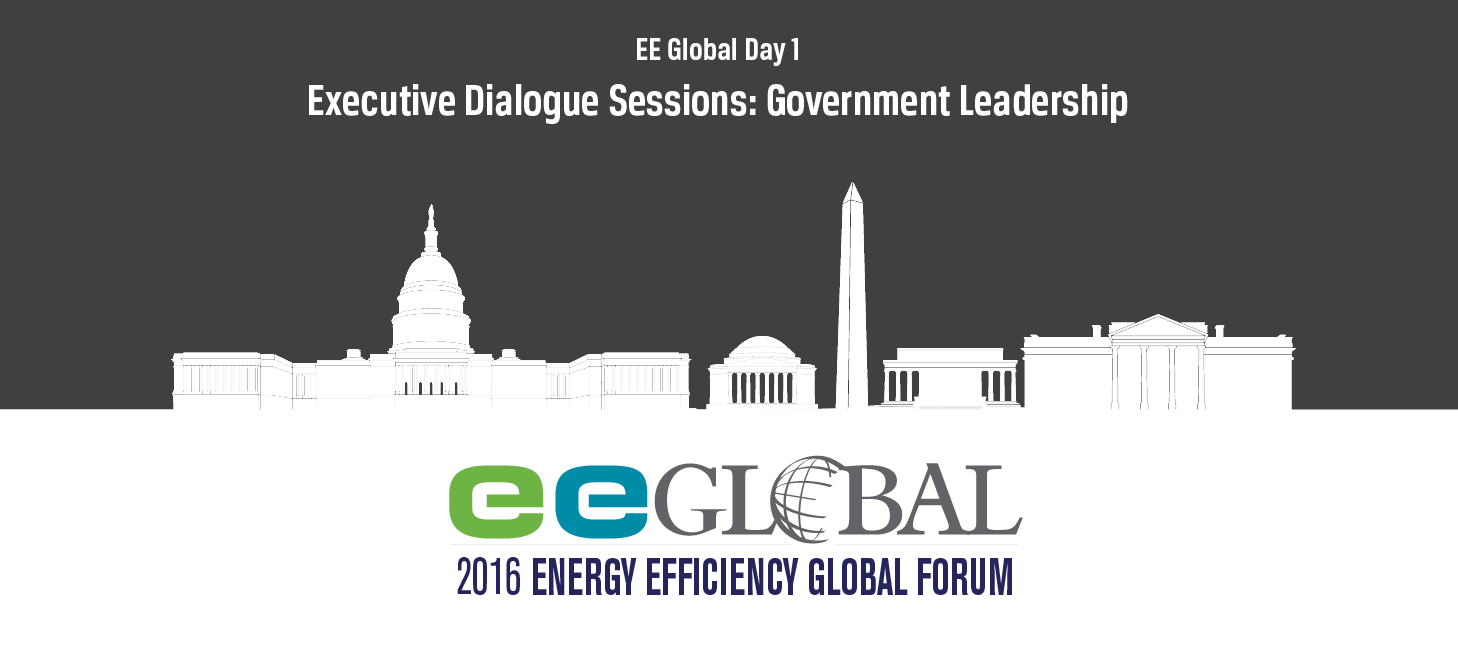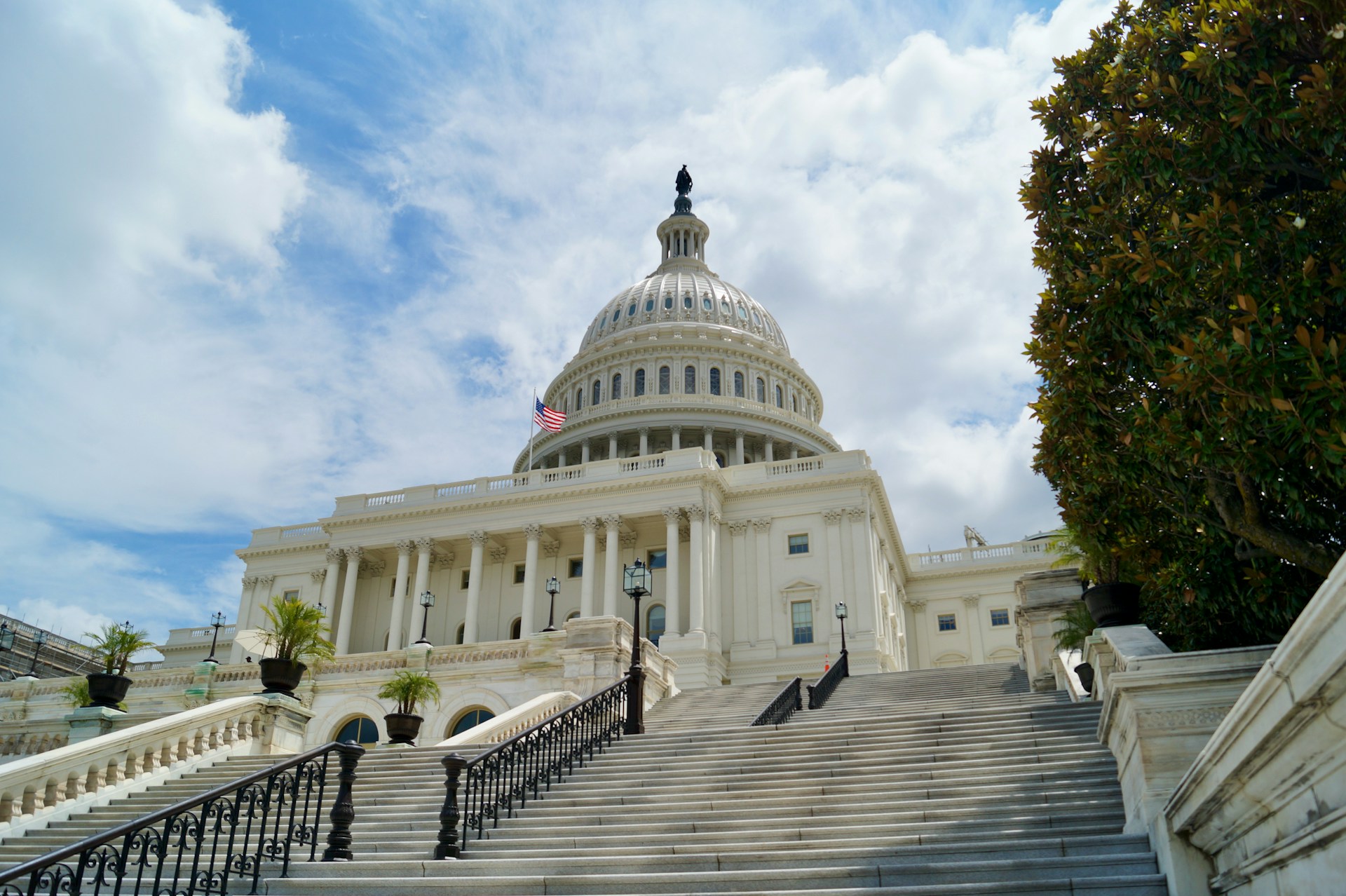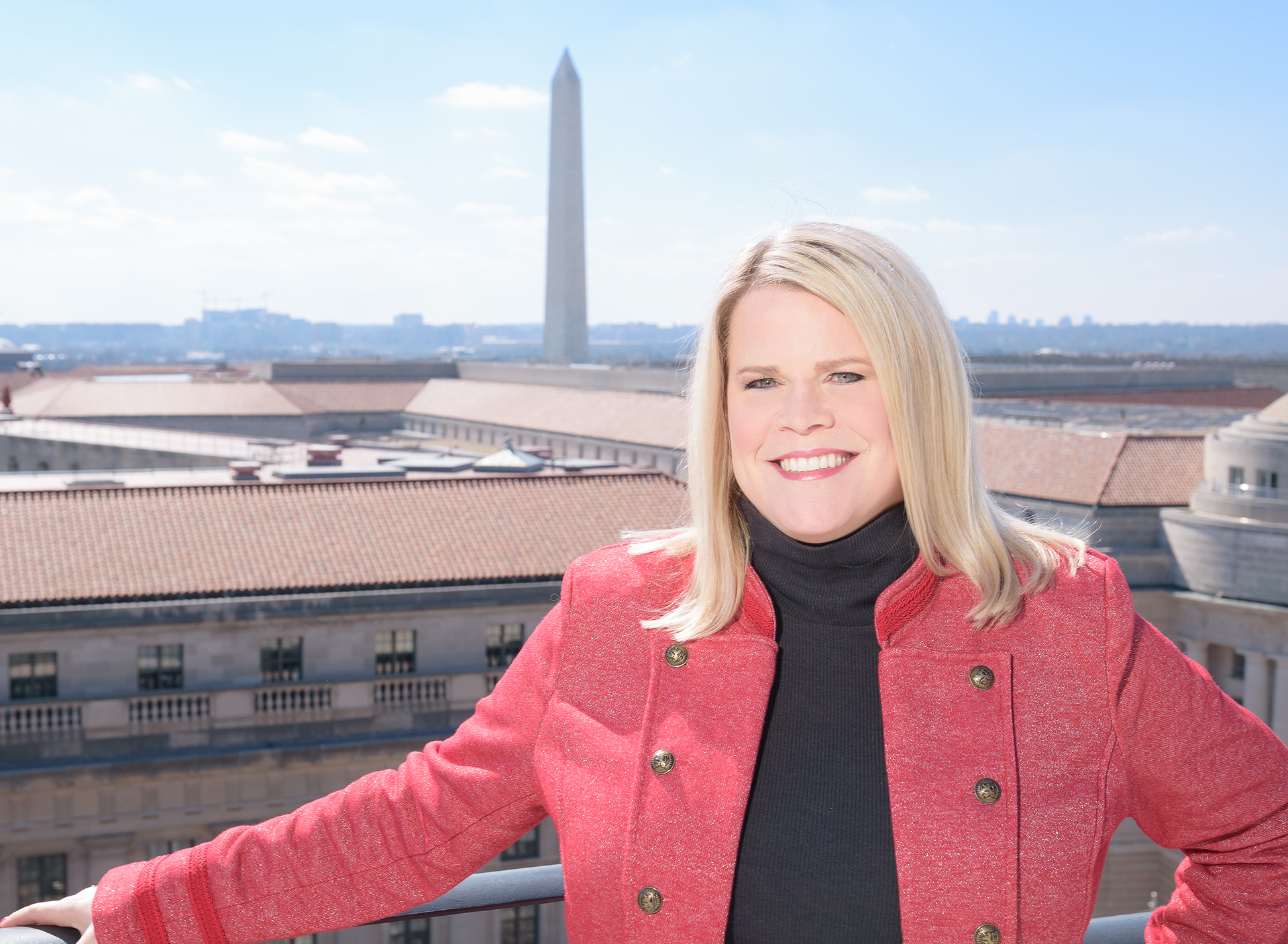Executive Dialogues: Government Leadership
Let's Save Energy
Alliance to Save Energy's Blog

Check out today's EE Global Forum highlights for the Government Leadership executive dialogue sessions:
- 1B: Beyond COP21: What role will energy efficiency play in the post-COP era?
With the historic COP-21 agreement signed last month, embarking into a new era of global cooperation, this packed executive dialogue session dove into the role of energy efficiency beyond COP-21. Moderated by World Resource Institute’s building efficiency initiative director, Jennifer Layke, the session gave an international, national, and city perspective of government leadership for energy efficiency in a 1.5 degree Celsius world.
From the international perspective, Sandrine Dixon-DeCleve, chief partnership officer at Sustainable Energy for All suggested that focus should be on bringing the right actors into the discussion and to think about energy efficiency from a systematic approach -- viewing energy productivity as the flipped role of renewables -- and creating an angle of energy efficiency down to the infrastructure level combined with innovation.
Melanie Nakagawa, deputy assistant secretary for energy transformation with the State Department, reiterated energy efficiency’s bipartisan appeal as a key to collaboration, and emphasized the importance of framing efficiency’s economic benefits. Jon Jutsen, chairman of the Australian Alliance to Save Energy, emphasized integrating businesses and developing roadmaps for countries. Dave Turk, deputy assistant secretary for international climate and technology at the U.S. Department of Energy, shared perspective on technology and industry. He echoed the importance of collaboration, particularly at the intersection of energy access and developing countries in order to achieve the Paris climate goals. Finally, from the cities perspective, Michael Geissler, CEO from the Berlin Energy Agency, accentuated the bottom-up approach, suggesting that cities can set an example for the national and global level. Panel speakers emphasized climate financing, the importance of scaling up projects to incentivize investment, and continuously showcasing successes and failures alongside proper data monitoring.
- 2B: Beyond Clean Power Plan: How do you design a regulatory framework for utilities that drives energy efficiency and climate mitigation?
The Clean Power Plan, the impending national standard to reduce carbon emissions from power plants, was discussed by a stellar Executive Dialogue panel that included Sarah Dunham of the Environmental Protection Agency, Judi Greenwald of Department and Energy and Congressman Paul Tonko (D-N.Y.). The panel provided dialogue on how energy efficiency policies are critical for a low-carbon future, emphasizing that energy policies have paved the way for Clean Power Plan regulation despite its current stalemate in the Supreme Court. Further, the panel discussed how the Clean Power Plan has two primary paths for compliance: mass-based and rate-based. Judi Greenwald reminded the audience that states have a long history implementing energy efficiency programs.
Along with a federal framework to hit our target, Congressman Tonko supports states to be on the leading-edge of policy development, including net metering, storage mandates, and workforce transition — all while pulling in utilities as an important stakeholder in the regulatory framework discussion for driving energy efficiency gains and mitigating climate change. National Grid’s John Isberg shared that energy efficiency has been a large part of National Grid’s carbon-reduction strategy. During the question and answer session portion of the panel discussion, speakers agreed about the importance of collaboration in transforming the regulatory framework and sharing best practices.
RECENT BLOG POSTS
STAY EMPOWERED
Help the Alliance advocate for policies to use energy more efficiently – supporting job creation, reduced emissions, and lower costs. Contact your member of Congress.
Energy efficiency is smart, nonpartisan, and practical. So are we. Our strength comes from an unparalleled group of Alliance Associates working collaboratively under the Alliance umbrella to pave the way for energy efficiency gains.
The power of efficiency is in your hands. Supporting the Alliance means supporting a vision for using energy more productively to achieve economic growth, a cleaner environment, and greater energy security, affordability, and reliability.



